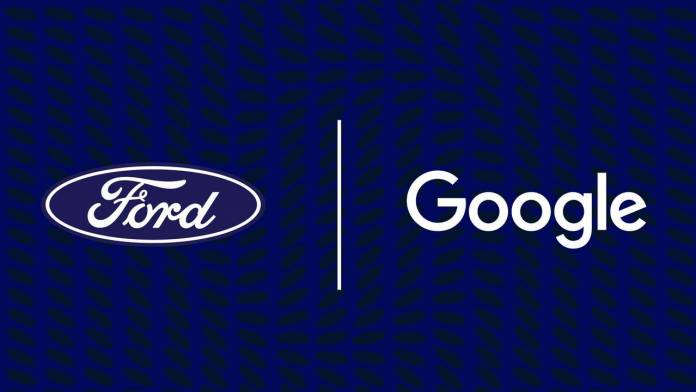
The race to take control of in-car infotainment systems and vehicle cloud services is already brewing up with automotive manufacturers wanting to develop UI that’s in sync with the car’s interiors and tailored for a seamless driving experience. That said, Android Automotive and Apple CarPlay for instance are far ahead with their technology when it comes to in-car software experience. Keeping this fact in mind, Ford has taken the decision to leave the task of infotainment development to the experts – in this case, Google.
Ford Motor Co has entered into a six-year deal with Google to implement the Android Automotive OS and be the preferred cloud provider for its Ford and Lincoln vehicles starting 2023. This promises to tap into the upbeat software, AI, and cloud computing on offer by Google for creating quality customer service and modernizing the in-car experience exponentially.
Looking at the larger picture, the artificial intelligence prowess of Google will be deployed to improve the vehicle development efficiency, manufacturing, and supply chain operations. To this end, the two giants will form “Team Upshift”, a group that’ll put the data to optimum use for enhanced end-user experience in every dimension.
The customer data used for this radical change will in no way be accessible to Google advertisers as assured by Ford’s vice president for strategy, David McClelland. In fact, this first of its kind partnership will “transform both Ford and the auto industry,” as quoted by Google Cloud CEO, Thomas Kurian.
According to McClelland, this will speed up the process of modernizing Ford’s business and live up to the customers’ expectations like no other automotive manufacturer has done so far. The expanded horizon of this venture will also include the inclusion of third-party developers to create driver-facing and infotainment services.
Again the focus will be on the safeguarding of user data and put boundaries in place as to how the data is used by third-party collaborators. The fact that Android Automotive OS runs at a deeper level than the Android Auto, which is merely a projected interface on top of the car’s software, will bring some enhanced UI and usability scenarios for the rider’s delight.
Things like a detailed insight about the engine health, battery charge levels or security from thefts will be upbeat as complete control is at the user end – whether it’s while driving or when parked on the sidewalk. This looks like an interesting development, as other automotive manufacturers will also have to up their game to stay abreast with what Ford will achieve in the coming years with the Google partnership.









